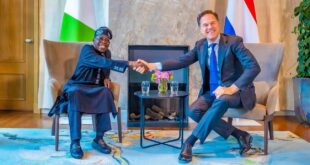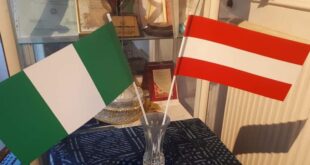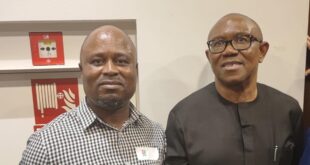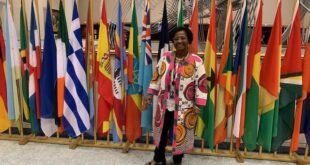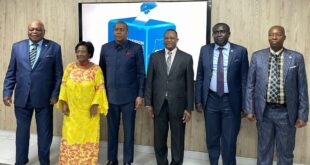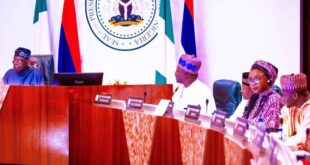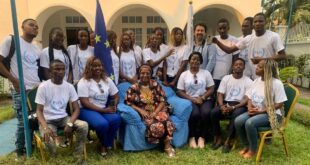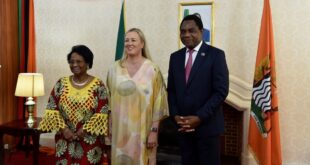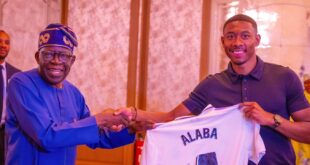The Nigerians in Diaspora Organisation Europe (NIDOE) held its annual general meeting on 10-14 November in Rome, Italy.
The event, which featured several activities including a conference on diaspora foreign direct investment in Nigeria, was graced by the Nigerian ambassador to Italy, HE Mfawa Abam, and his counterpart to the Holy See, HE Paul Oga Adikwu, and retired Ambassador Joseph Ayalogu, among other dignitaries.
The 2022 AGM, attended by members from all parts of Europe, also marked the 20th anniversary of the founding of the organisation.
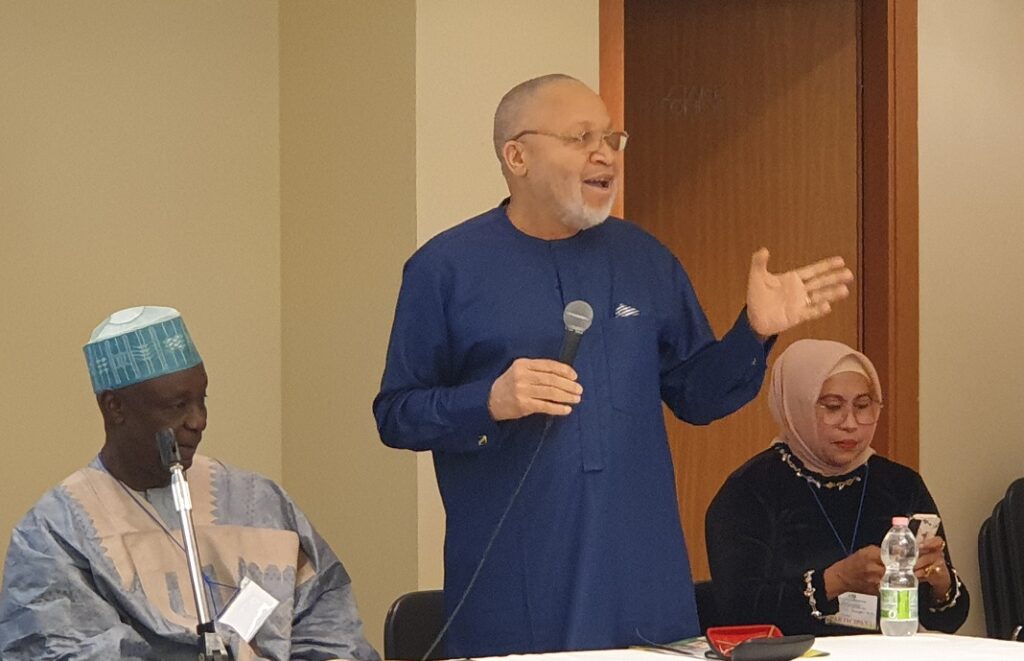
The high point of the 4-day event was the election a new central executive committee (CEC) to manage the affairs of NIDOE for the next two years.
Dr Bashir Obasekola of the Russian chapter, chairman since 2020 who was absent in Rome, was re-elected. He defeated two other contestants, Ms Vire Komolafe (Ireland), who came second, and Mr Ernest Ngadiuba (Sweden).
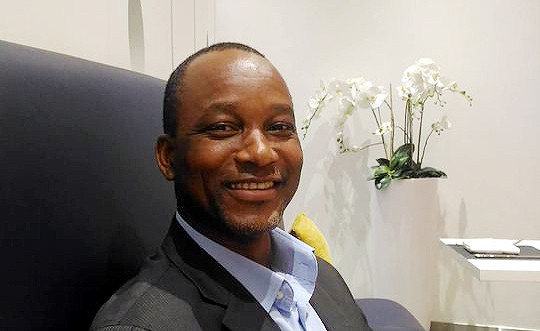
The new-elected members of the CEC include Mr Omusa Baba Ohyoma of UK South, who defeated Chief Amb Uche Ojiodu Ambrose (Germany), for Vice Chairman; and Engr. Adeyemi Aderemi (Portugal), who defeated Mr Ike Okafor (Austria), for the position of European Union Liaison Officer.
Others – Mr Michael Otogo (Greece) as General Secretary, Mr Caius Eze (Germany) as PRO, Mr Rex Essenowo (Russia) as Financial Secretary, Mr Fidel Wilson (Italy) as IT Officer, Ursula Nwosu (Ireland) as Legal Officer and Ms Rosemary Chibuzor (UK South) as Welfare/Social/Event Secretary – were elected unopposed.
The election, which was conducted virtually, almost marred the 2022 AGM as complaints of irregularities such as the disenfranchisement of members pervaded the venue of the event.
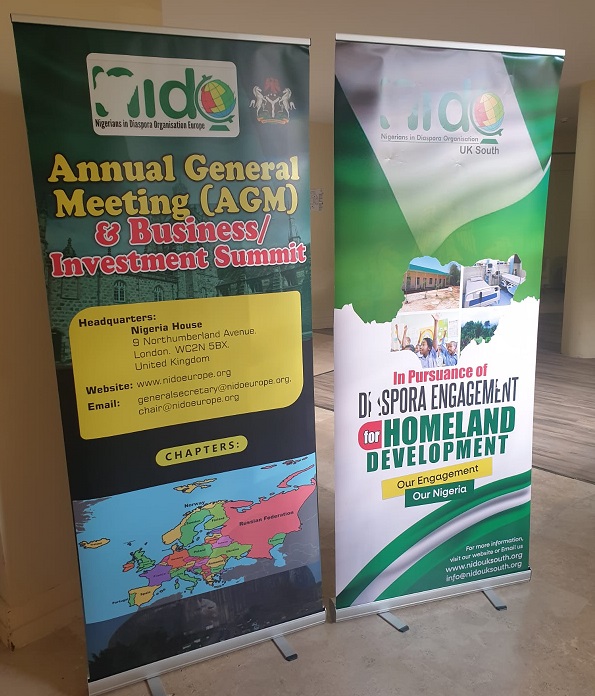
Some members of chapters such as that of Germany were disenfranchised ostensibly because they were first-year members even though there’s nothing in the constitution that stipulates that. A chapter was completely disenfranchised as its members were not accredited for the election.
The electoral process beginning with the voter register was not transparent giving rise to speculations that it had been compromised.
Many members are now openly calling for an audit of the election. “On a panel we must stand. If the panel decides that we should have a fresh election, so be it. Who is afraid of a fresh election? Those that purportedly won may win again but we must be rest assured that we did the right thing for posterity,” a former chapter chairman said.
“I am just thinking loudly; now with this election of NIDOE, who can trust diaspora voting?” another chapter chairman commented sarcastically in reference to the organisation’s loud campaign for the enfranchisement of Nigerians living outside their home country. “You can’t conduct a credible virtual election with less than 400 voters and you’re asking Nigeria to conduct elections across the globe with millions of prospective voters; is that not hypocritical?” another member opined.
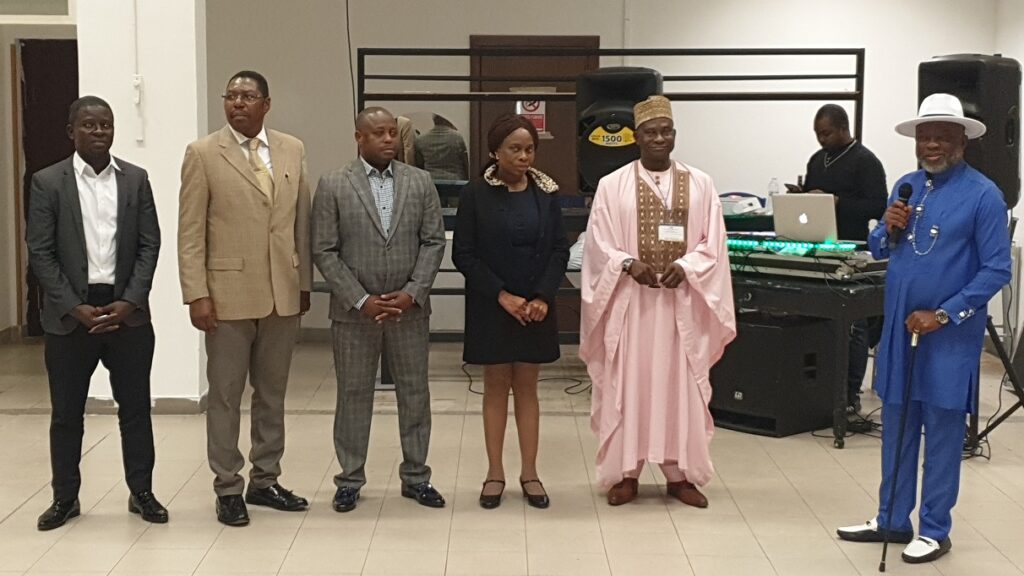
One of the candidates for Chairman, Vire Komolafe, was cleared to contest but was not cleared to vote! Such were the absurdities that marked the elections.
The rowdy scenes, the chaos and lack of clear-cut rules that should guide the moderation of the AGM, conducted on site and from Moscow where Obasekola participated virtually, were a sad commentary on an organization that is twenty years old, members bitterly commented.
Some participants criticised the absentee contestants who did not attend the AGM in Rome, chief among whom are Obasekola and Essenowo, who claimed that they couldn’t obtain visa due to the EU diplomatic sanctions on Russia.
Critics say if a chairman is unable to travel with ease across Europe, he should not have contested. “Let’s say a minister is visiting Paris or London and requests that the NIDOE chairman should meet them, then what do you do if you can’t get a visa?” a member said.
Obasekola, who was an object of criticisms among some members, has not attended any AGM in three years. “Is NIDOE a WhatsApp club or what?” asked another member, who did not approve of being named in this report.
Members hope that the Board of Trustees of NIDOE would take the debacle of the 2022 AGM as an opportunity to propose necessary changes to the constitution of the group and lay down clear cut rules for transition from one CEC to the other.
NIDO was initiated by then President Olusegun Obasanjo in 2000 as a quasi-official body for Nigerian professionals working abroad, which is expected to act as a vehicle to mobilise diaspora human, financial and other resources to support national development efforts.
In September 2000, the Nigerian High Commission in London hosted, on the instruction of the then president, a seminar for Nigerians with recognised professions who were resident in Europe. Over 500 people participated in the forum. The meeting laid the groundwork for the formation of NIDO Europe (NIDOE), which was officially launched in London on 26 October 2002.
NIDOE, which has 23 chapters in 22 countries, is one of the five continental zones of NIDO Worldwide. The other zones are NIDO Africa, NIDO Asia, NIDO Oceania and NIDO Americas.
NIDO is the single representative body recognized by the Federal Government of Nigeria as the umbrella organization for Nigerians in the Diaspora.
Sola Jolaoso
READ ALSO Interview: My agenda for NIDOE if reelected – Bashir Obasekola
 THE AFRICAN COURIER. Reporting Africa and its Diaspora! The African Courier is an international magazine published in Germany to report on Africa and the Diaspora African experience. The first issue of the bimonthly magazine appeared on the newsstands on 15 February 1998. The African Courier is a communication forum for European-African political, economic and cultural exchanges, and a voice for Africa in Europe.
THE AFRICAN COURIER. Reporting Africa and its Diaspora! The African Courier is an international magazine published in Germany to report on Africa and the Diaspora African experience. The first issue of the bimonthly magazine appeared on the newsstands on 15 February 1998. The African Courier is a communication forum for European-African political, economic and cultural exchanges, and a voice for Africa in Europe.







